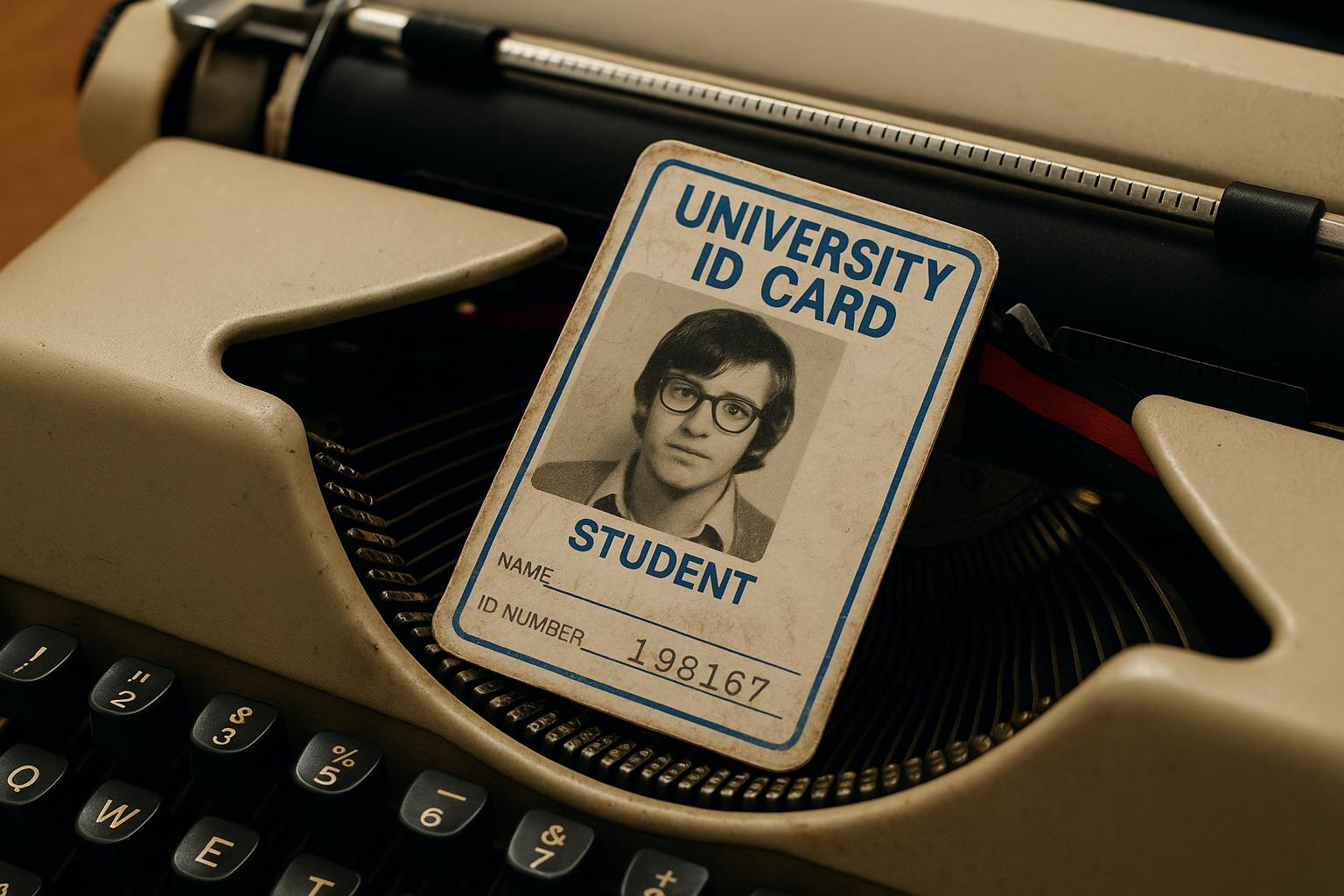In 1976, as a 17-year-old starting law school, the author found themselves navigating a world that felt markedly different from their own. Coming from a state school background amidst classmates mostly from private schools, the sense of otherness was palpable. This period coincided with a significant shift in Australian higher education policy: the abolition of university fees under Gough Whitlam’s government. Introduced in 1974, this landmark reform aimed to democratise university education, allowing greater access for older students, women, and those from working-class backgrounds who previously might have been excluded due to financial constraints.
The author’s own experience underscored the financial challenges still faced by many students. Preparing for a moot court required wearing a suit, which they could not afford to purchase new. Instead, their family found a suit in an op shop, a solution both practical and frugal but one that left the author feeling self-conscious amid their more affluent peers. However, a seemingly small act of kindness—a fellow student’s compliment on the suit—transformed their confidence and outlook, encouraging them to engage fully in the class and ultimately succeed. This moment of affirmation, especially coming from someone perceived as cool and worldly, left a lasting impression, shaping the author's approach to kindness and support throughout their own career in law.
The wider context of the Whitlam reforms reveals their profound impact on Australian society. By removing financial barriers, university enrolments soared, particularly among groups previously underrepresented, such as women and working-class students. This democratization of higher education was part of broader social reforms that defined Whitlam's tenure, including the establishment of Medicare and significant changes to family law. The reforms aimed to create a more equitable society by ensuring education could be a pathway for all, regardless of social background.
Despite these gains, subsequent decades have seen challenges to this vision. Rising university costs and increased reliance on student contributions have sparked debates about access and fairness in education. Some commentators argue that current policies have reversed much of Whitlam’s progress, returning barriers that disproportionately impact disadvantaged groups.
Nonetheless, the personal narrative highlights the enduring power of human kindness within this broader social transformation. While systemic reforms enable access, it is everyday gestures—words of encouragement, recognition, and support—that can profoundly influence individuals navigating new and daunting environments. The author’s story is a testament to how impactful such acts can be, inspiring others to pay forward similar kindnesses in their own lives.
📌 Reference Map:
- Paragraph 1 – [1], [3], [5], [6]
- Paragraph 2 – [1]
- Paragraph 3 – [3], [5], [6]
- Paragraph 4 – [4], [7]
- Paragraph 5 – [1], [2]
Source: Noah Wire Services
